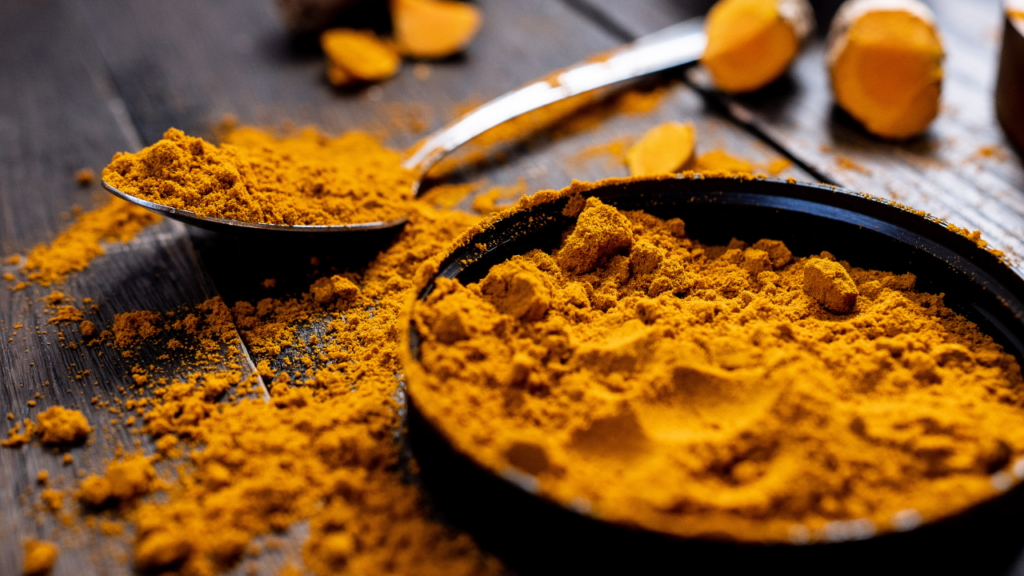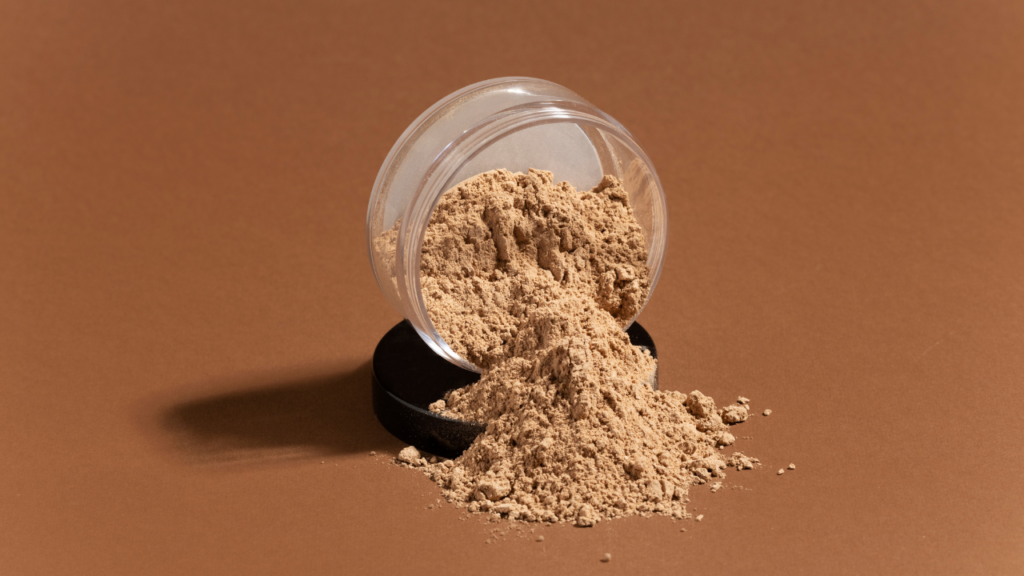Persistent joint discomfort can severely interfere with your everyday routine and diminish your overall well-being. Whether caused by arthritis, injury, or general wear and tear, finding the best supplement for joint pain is crucial for managing discomfort and improving mobility. With so many options available, it can be overwhelming to determine which supplements actually work. In this comprehensive guide, we’ll explore the most effective supplements backed by science, their benefits, and how they can help alleviate joint pain.
Table of Contents
ToggleUnderstanding Joint Pain and Its Causes

Before diving into the best supplement for joint pain, it’s important to understand why joint pain occurs. Joints are the connections between bones, supported by cartilage, ligaments, and synovial fluid. Over time, inflammation, cartilage breakdown, or autoimmune conditions like rheumatoid arthritis can lead to stiffness, swelling, and pain.
Common causes of joint pain include:
Osteoarthritis – Wear and tear of cartilage
Rheumatoid arthritis – A long-term autoimmune disease that leads to joint inflammation and tissue deterioration
Gout – Uric acid crystal buildup in joints
Injuries – Sprains, fractures, or ligament damage
Aging – Natural degeneration of joint tissues
While medications and physical therapy help, supplements can provide additional support by reducing inflammation, repairing cartilage, and improving joint lubrication.
Top 6 Best Supplements for Joint Pain
1. Glucosamine and Chondroitin

Glucosamine and chondroitin are among the most researched and widely used supplements for joint health. These compounds occur naturally in cartilage—the flexible tissue that acts as a shock absorber between bones.
Glucosamine helps maintain cartilage structure and may slow its breakdown.
Chondroitin attracts fluid into cartilage, improving shock absorption.
Benefits:
✔ Reduces joint pain and stiffness
✔ Slows osteoarthritis progression
✔ Improves mobility
Dosage: 1,500 mg of glucosamine + 800–1,200 mg of chondroitin daily
2. Omega-3 Fatty Acids (Fish Oil)

Omega-3 fatty acids—naturally present in oily fish such as salmon and available in fish oil capsules—are known for their strong inflammation-reducing properties.
Benefits:
✔ Reduces joint inflammation
✔ Eases stiffness in rheumatoid arthritis
✔ Supports heart and brain health
Recommended Intake: 1,000 to 3,000 mg daily of combined EPA and DHA
3. Turmeric (Curcumin)

Turmeric contains curcumin, a potent anti-inflammatory compound. Studies show it can be as effective as some NSAIDs (like ibuprofen) for pain relief—without the side effects.
Benefits:
✔ Reduces arthritis-related pain
✔ Lowers inflammation markers
✔ Antioxidant properties protect joints
Dosage: 500–1,000 mg of curcumin extract daily (with black pepper for better absorption)
4. MSM (Methylsulfonylmethane)

MSM is a sulfur compound that supports joint flexibility and reduces inflammation.
Benefits:
✔ Decreases pain and swelling
✔ Improves collagen production
✔ Enhances recovery after exercise
Dosage: 1,500–3,000 mg per day
5. Collagen Peptides

Collagen is a key protein in cartilage, tendons, and ligaments. Taking hydrolyzed collagen as a supplement may support the regeneration of joint structures.
Benefits:
✔ Supports cartilage regeneration
✔ Reduces osteoarthritis pain
✔ Improves skin and hair health
Dosage: 10–15 grams daily
6. Hyaluronic Acid

Hyaluronic acid is a key ingredient in synovial fluid, which keeps joints smoothly mobile. Using supplements may enhance joint moisture, easing stiffness and minimizing wear from movement.
Benefits:
✔ Enhances joint mobility
✔ Reduces stiffness
✔ Supports skin hydration
Dosage: 50–200 mg per day
How to Choose the Best Supplement for Joint Pain?

With so many options, selecting the right supplement depends on:
Your specific condition (e.g., osteoarthritis vs. rheumatoid arthritis)
Severity of pain (mild discomfort vs. chronic pain)
Other health factors (allergies, medications)
Tips for Maximum Effectiveness:
Combine supplements (e.g., glucosamine + omega-3s)
Be patient – results may take 4–12 weeks
Pair with anti-inflammatory foods (berries, leafy greens, nuts)
Stay active – swimming, yoga, and walking support flexibility
Potential Side Effects and Precautions

While supplements are generally safe, some may cause:
Digestive discomfort (fish oil, MSM)
Blood thinning (high-dose omega-3s or turmeric)
Allergic reactions (shellfish-based glucosamine)
Important: Always consult a doctor before starting a new supplement—especially if pregnant, on blood thinners, or managing a medical condition.
.
Final Thoughts: What Is the Best Supplement for Joint Pain?

The best supplement for joint pain varies by individual, but glucosamine, omega-3s, and curcumin are among the most effective for easing inflammation and enhancing joint function. For optimal results, combine them with a joint-supportive lifestyle—balanced diet, movement, and self-care.
If pain continues or worsens, consult a healthcare provider to explore underlying issues. With the right combination, joint health and comfort can be significantly improved for the long term.

